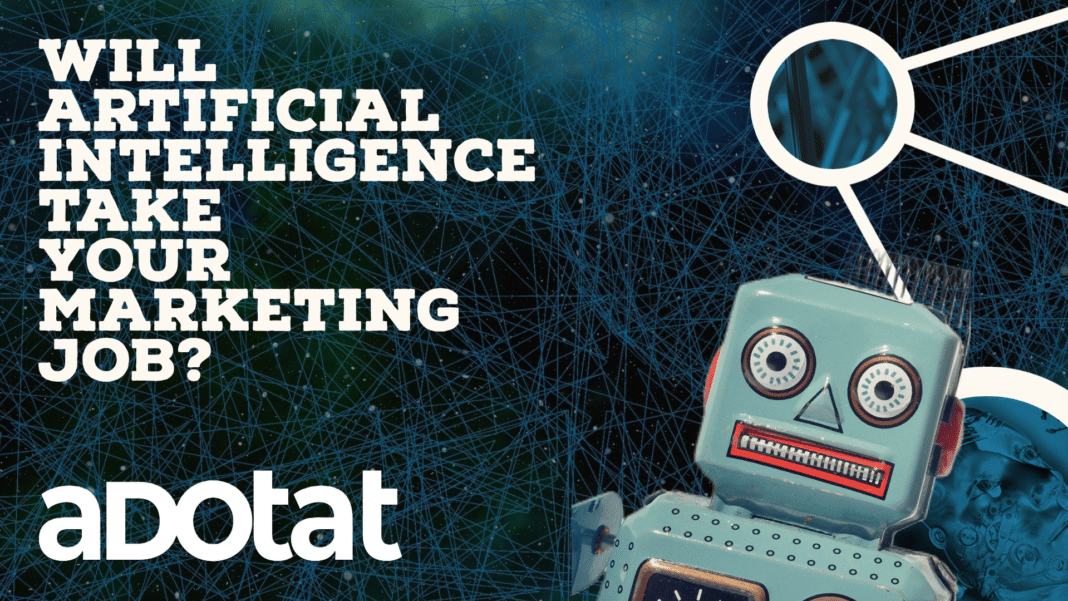It’s no secret that artificial intelligence has been making waves in the tech industry, and it’s only going to get bigger.
At CES 2023, #GenAI is the hot topic. Discussions on the floor ranged from “How do we make sure that this technology is accessible?” to “What happens when the real world starts to look like the world of Black Mirror?”
One thing is for certain: as this tech becomes more prevalent, its impact will be felt across all industries.
Inside CES was a special insider dinner with Ben Relles and Nina Schick, and they told everyone that by the end of this decade, 90% of all online video will be generated by Gen-AI.
And before you scoff, remember: Shiva Rajaraman was sitting next to them, who estimates that 50% of Facebook video ads are made with Gen-AI.
Microsoft is investing $10 billion into the owner of ChatGPT, the wildly popular app that has thrilled casual users and artificial-intelligence experts since its latest software was released last month.
The funding will also include other venture firms and would value OpenAI, the firm behind ChatGPT, at $29 billion, including the new investment. It’s unclear if the deal has been finalized but documents sent to prospective investors in recent weeks outlining its terms indicated a targeted close by the end of 2022.
AI is the next industrial revolution, and marketers need to embrace it rather than fear it.
Many marketers have been slow to embrace the rise of artificial intelligence, but many more have adopted it with enthusiasm. Their concerns are the same as those of workers in every industry where automation is on the rise: Will my job be phased out by AI?
Like the Luddites, who smashed textile machines at the dawn of the Industrial Revolution due to concerns over job loss and their inability to understand technology’s benefits, some people still harbor fears about new technologies despite ample evidence that these fears are unfounded.
AI will save us time by automating the menial, low-value tasks that we used to do ourselves. This allows us to focus on only those work activities where humans truly add value—and at lower cost than ever before!
But let’s make this clear, as I did yesterday in my column: Plenty of marketing tasks today can be automated by AI.
Systems like Automated Insights are used to create data-driven narratives at scale. A tool like Phrasee writes better email subject lines than humans, and PaveAI automates reporting in Google Analytics.
Any job that consists largely of repetitive tasks such as these may be automated by AI. You ask, it answers—and it gets smarter every day.
Marketers, take a deep breath (and get ready to be relieved).
A new study by HubSpot has found that your job is safe from the AI takeover—for now.
The study looked at whether automation would replace marketers in different industries. While telemarketers are in real trouble with a 99% chance of losing their jobs to automation, and advertising salespeople have a better than 50% chance of being automated out of existence, marketing managers have a very low chance of being automated.
In fact, their roles may become more productive, effective, and rewarding because of AI’s ability to automate certain tasks that distract from real performance driving activities.
We agree with this assessment but are concerned that the ability of AI to exponentially self-improve will pose new challenges.
Self-learning AI applications have the potential to revolutionize marketing by doing what most marketers do—segmenting and targeting customers.
Still, there is much that AI may never really be able to do:
AI is a powerful tool. It can help you do your job, it can be applied to problems across industries, and it can even be used for creative work. But AI isn’t creative—it’s just another tool that we can use to make our own creativity even better.
As much as we love AI and think it’s awesome, no current technology, including AI, can replace human’s capability of creativity and creative problem-solving. AI is limited to the data it is given and what conclusions it can decipher based on that data. The more data you give an algorithm or computer program, the better the results will be—but don’t expect it to edit videos and photos, sketch landscapes, write new music, generate fresh ideas, or invent anything.
AI is all about making connections. But are those connections real?
Connections are what we crave as humans. We want to feel like we’re connecting with another human being—not just a machine.
That’s why AI is so exciting: it has the potential to connect us in new ways and on a scale never before possible. But can AI really make human connections?
There are two parts to this question: 1) can AI transmit emotions, and 2) can it make real human connections? The answer is no on both counts.
AI lacks the ability to perform or transmit emotions, which makes it impossible for customers to really connect with them on an emotional level as they move through their buying journey. This is almost impossible to replace.
Also, in the digital marketing world, artificial intelligence technology can be used to gather data and analyze it, but it can’t make the final decisions that require critical thinking.
While AI can be used in a number of ways to automate processes, it’s not able to do everything that digital marketers are required to do on a daily basis.
Things like planning strategy, developing new plans, and making decisions under pressure are all things that humans can do better than AI at this point in time.
So, in conclusion: you aren’t likely to be replaced by a robot any time soon.
The digital marketing landscape is always changing—and AI will continue to play a role in that. You can too by remaining aware of and involved with changes in the field, creating value for yourself (and your employer) through your abilities at all times.




